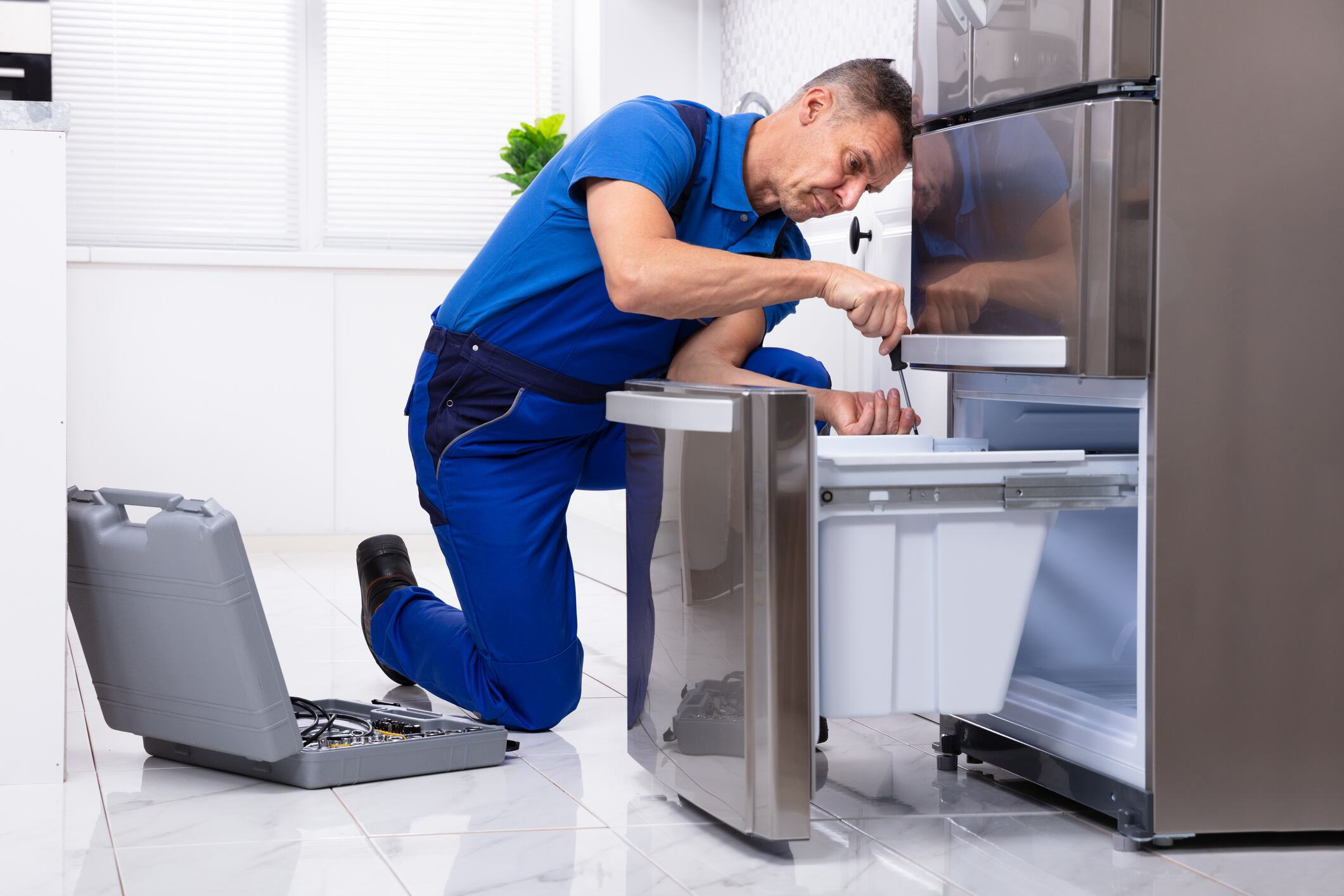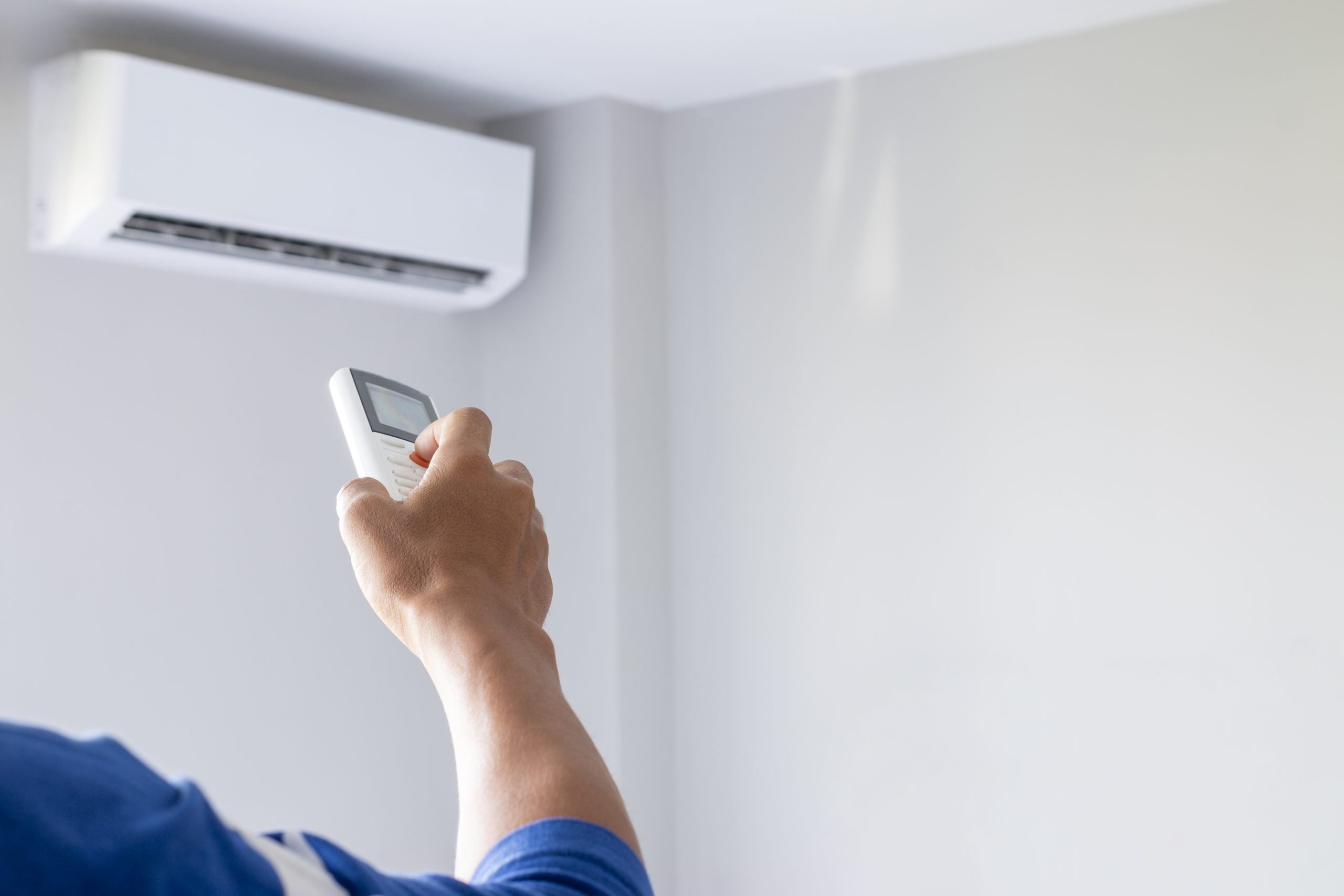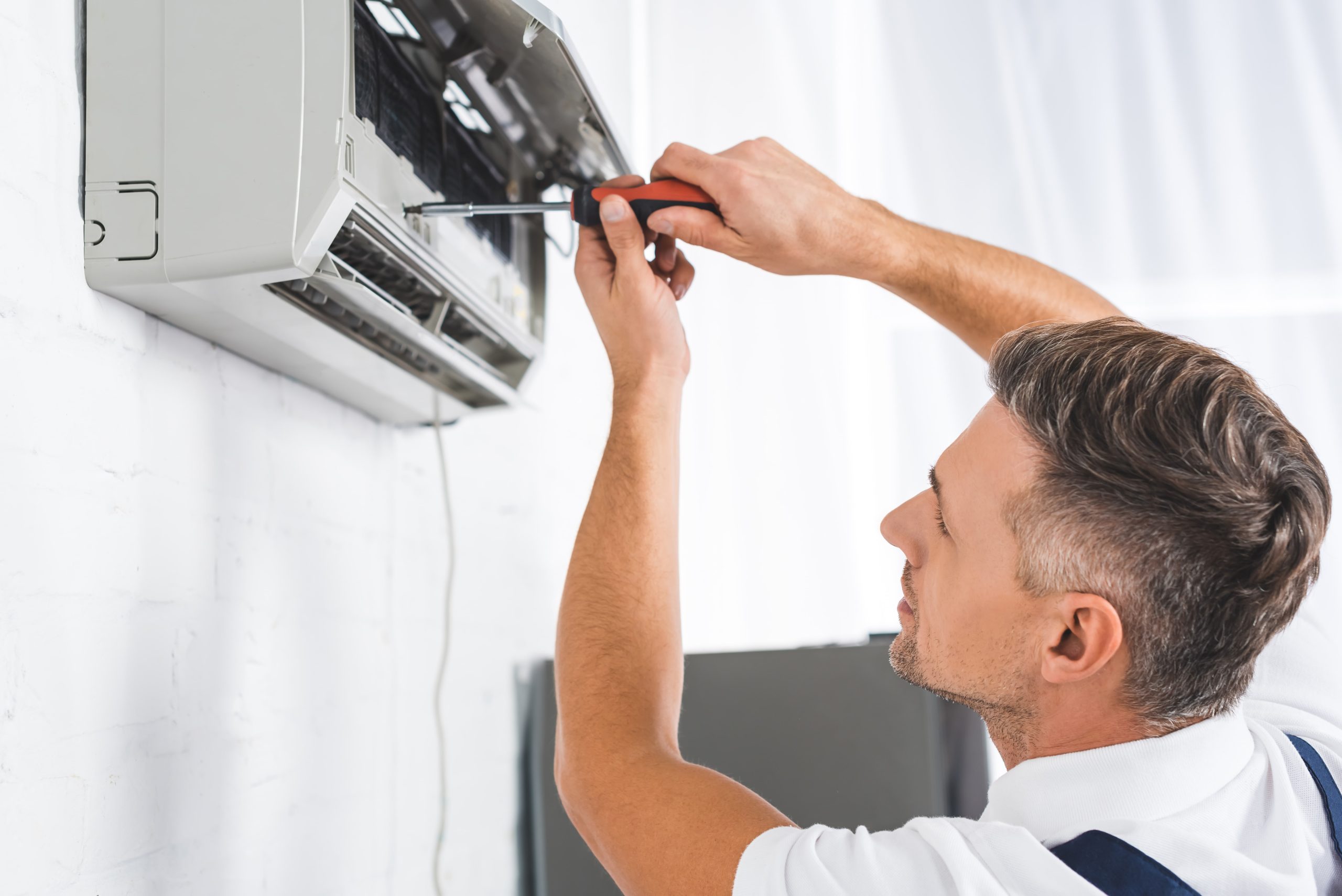Choosing the right air conditioner (AC) for your home or office is an important decision. A good AC not only provides cool and comfortable air but also ensures energy efficiency, cost savings, and long-lasting performance. With so many types, brands, and models available, it can be overwhelming to pick the perfect unit.
To make your choice easier, we’ve compiled the top 10 factors you should consider when choosing an air conditioner. Understanding these will help you select an AC that meets your needs, budget, and lifestyle while keeping you cool all year round.
1. Room Size and Cooling Capacity
One of the most critical factors is the size of the room you want to cool. The AC’s cooling capacity should match the size of your space to work effectively.
- Measured in BTUs (British Thermal Units), cooling capacity indicates how much heat an AC can remove per hour.
- For small rooms (up to 150 sq. ft), an AC with about 5,000 to 6,000 BTUs may be enough.
- Medium rooms (150-300 sq. ft) typically need 7,000 to 10,000 BTUs.
- Larger rooms (300-500 sq. ft or more) require units with 12,000 BTUs or higher.
If the AC is too small, it won’t cool efficiently, running constantly and increasing energy bills. Too large a unit will cool too quickly without removing humidity, leaving the room damp and uncomfortable.
2. Type of Air Conditioner
There are several types of air conditioners to choose from, each suitable for different spaces and installation needs:
- Window AC: Installed in a window or wall opening; ideal for cooling single rooms. It’s affordable and easy to install but may block the window view.
- Split AC: Has separate indoor and outdoor units connected by pipes. Quieter, more efficient, and aesthetically pleasing; suitable for cooling larger rooms or multiple rooms.
- Portable AC: Moveable units that can be moved from room to room. Good for temporary or rental spaces but generally less efficient and noisier.
- Central AC: Cools the entire house through a system of ducts. Expensive to install but offers consistent cooling for large homes.
Choose a type based on your space, budget, and whether you want a permanent or portable solution.
3. Energy Efficiency
Energy efficiency is essential for saving money on electricity bills and reducing your environmental footprint.
- Look for the Energy Efficiency Ratio (EER) or Seasonal Energy Efficiency Ratio (SEER) ratings.
- Higher EER or SEER ratings mean better efficiency.
- Many countries have an Energy Star certification indicating energy-efficient models.
- Inverter technology, which adjusts compressor speed to maintain temperature, improves efficiency and reduces energy consumption.
Investing in an energy-efficient AC may cost more upfront but saves significantly over time.
4. Noise Levels
The noise your AC produces affects your comfort, especially if it’s in a bedroom or study room.
- Window and portable ACs tend to be noisier.
- Split and central ACs usually operate more quietly.
- Check the decibel (dB) rating of the unit. Anything below 50 dB is considered quiet.
- Some models come with a “silent” or “sleep” mode that reduces noise at night.
Choosing a quieter unit ensures a peaceful environment.
5. Installation Requirements
Before buying, consider the installation process and space availability:
- Window ACs require a window or wall opening.
- Split ACs need professional installation and an outdoor unit placement.
- Portable ACs just need a window venting kit.
- Central AC installation is complex and involves ductwork.
Make sure your space can accommodate the chosen type without major modifications.
6. Maintenance and Cleaning
Regular maintenance is crucial for the performance and lifespan of your AC.
- Check how easy it is to clean or replace the air filter.
- Some models have washable filters.
- Consider models with self-cleaning features to reduce mold and bacteria buildup.
- Regular cleaning of coils and drains is necessary but may require professional help for split and central ACs.
Choosing a unit with simple maintenance features saves you time and money.
7. Features and Controls
Modern air conditioners come with various features to enhance convenience and usability:
- Remote control: Almost all ACs have remote controls, but some offer smartphone app control or voice assistant integration.
- Timer function: Allows you to program when the AC turns on or off.
- Sleep mode: Adjusts temperature and noise for better night comfort.
- Air purifiers or dehumidifiers: Some units include filters that remove dust, allergens, or humidity.
- Adjustable louvers: Direct airflow where you want it.
Decide which features matter most to you for a more customized experience.
8. Budget
Your budget will guide many of your choices but don’t sacrifice quality for a low price.
- Consider initial cost plus installation fees.
- Factor in estimated electricity usage and future maintenance costs.
- Sometimes spending a bit more upfront on an energy-efficient unit saves money in the long run.
- Look for warranties and service packages included.
Set a realistic budget based on your needs and stick to it.
9. Brand Reputation and Warranty
Choose ACs from reputable brands known for quality and reliable customer service.
- Read customer reviews and ratings.
- Look for brands with a strong service network in your area.
- Check warranty terms—longer warranties usually indicate confidence in product durability.
A trusted brand reduces the risk of frequent breakdowns and offers peace of mind.
10. Environmental Impact
If you care about the environment, consider ACs with eco-friendly refrigerants like R-32 or R-410A, which have lower global warming potential compared to older refrigerants.
- Some modern units come with energy-saving modes to reduce carbon footprint.
- Proper disposal and recycling of old units are important to prevent harmful chemical release.
Choosing environmentally friendly ACs supports sustainability and often aligns with energy-efficient features.
Choosing the right air conditioner is about balancing your space needs, budget, comfort, and energy use. By carefully considering room size, AC type, energy efficiency, noise level, installation, maintenance, features, budget, brand reputation, and environmental impact, you can find a unit that keeps your home or office cool, comfortable, and cost-effective.
Take time to research and consult with professionals if needed. The right AC makes a big difference in your everyday comfort and long-term savings.



